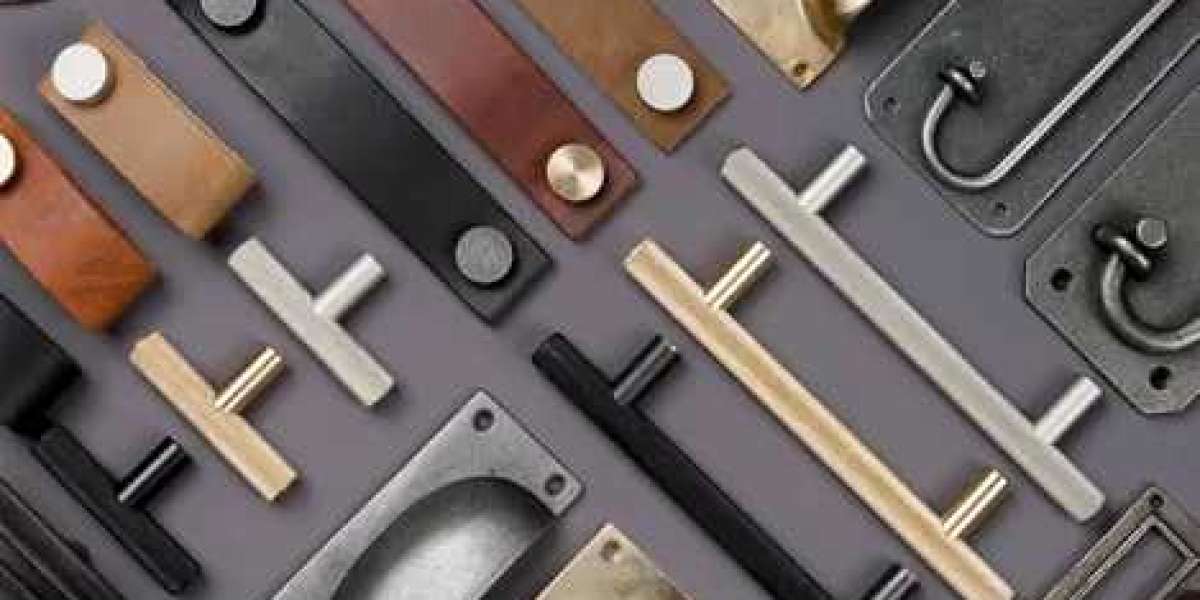Doors are more than just entry points—they shape the style, security, and efficiency of a home. Door materials determine the strength, insulation, and appearance of the door itself, while door hardware includes the handles, locks, hinges, and accessories that make doors functional and secure. Together, they create a balance of practicality and design.
Common Door Materials
Door materials vary widely, each offering unique strengths. Solid wood doors are classic, offering warmth and luxury, while steel doors excel in security and durability. Fiberglass doors provide energy efficiency and resistance to weather, making them low-maintenance. Aluminum and glass doors offer modern aesthetics, while composite or uPVC doors combine affordability with resilience. The right choice depends on location, style, and budget.
Benefits of Door Materials
The advantages of different door materials include security, style, and longevity. Wood brings natural elegance but requires maintenance, while fiberglass and steel deliver durability with minimal upkeep. Aluminum doors are lightweight yet strong, making them perfect for modern spaces. Choosing the right material ensures a door that fits both performance and design needs.
What Is Door Hardware?
Door hardware refers to the mechanical and decorative components that make a door functional. This includes handles, knobs, levers, locks, hinges, closers, and even decorative trims. Hardware is available in a wide range of materials and finishes, including brass, stainless steel, matte black, and chrome, allowing homeowners to match their design preferences.
Benefits of Door Hardware
The advantages of quality door hardware include improved functionality, enhanced security, and aesthetic value. High-grade locks and hinges ensure safety and smooth operation, while stylish handles or knobs act as finishing touches that complement the door material. Hardware also allows for customization, giving doors a unique personality that matches the home's decor.
Cost and Maintenance Considerations
Door materials vary greatly in cost: solid wood doors can range from $800 to $4,000, while fiberglass and steel options typically range from $400 to $2,000. Maintenance depends on the material, with wood requiring refinishing and others needing only basic cleaning. Door hardware ranges from $30 for simple handles to $300 or more for high-end, decorative or smart-lock systems. Regular cleaning, lubrication, and occasional replacement of parts ensure long-lasting performance.
Conclusion
Both door materials and door hardware are crucial elements in creating strong, stylish, and functional doors. Materials provide the structure, durability, and insulation, while hardware delivers security, usability, and design flair. By carefully selecting the right combination, homeowners can achieve doors that not only perform well but also enhance the overall look and feel of their property.








